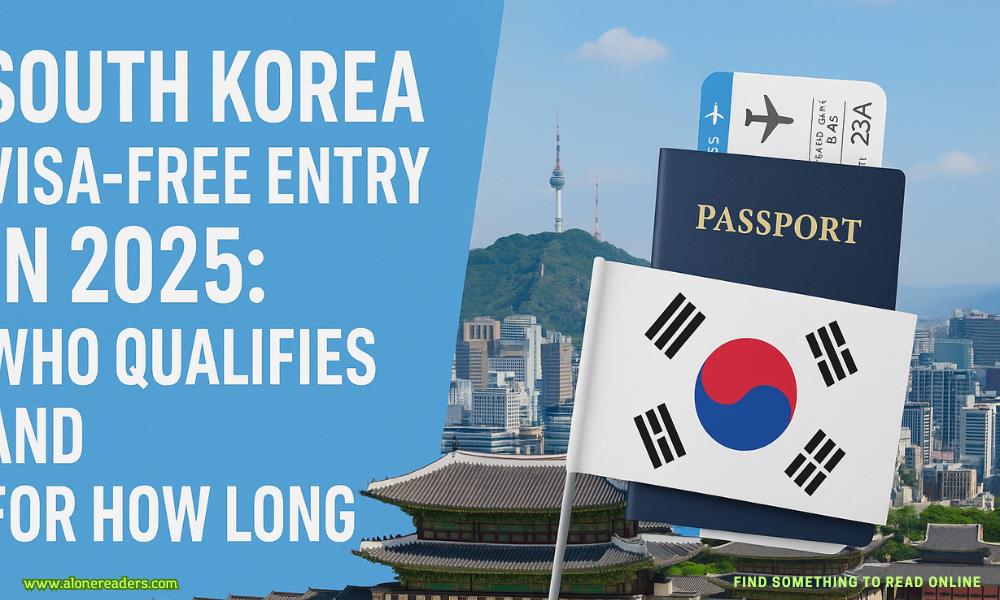Page 79 of Reckless Consequences
“Then why are you here?” I demand, not dropping my guard. My pulse still drums with adrenaline, body poised for the next exchange. “What could possibly be worth showing your face after everything that’s happened?”
Something shifts in his expression—a crack in the perfect Sterling control. “Your friend,” he says simply. “Finn.”
The name hits like a physical blow, diverting my anger into immediate concern. I feel a tug in my chest, reminding me of Finn lying unconscious upstairs. “What about him?”
“He needs Sterling DNA to stabilize,” Alexander explains, maintaining careful distance between us. “DNA that hasn’t been compromised by the virus.”
I look to Mona for confirmation, searching her chaotic energy for truth.
“Accurate assessment,” she nods, suddenly all business despite the rainbow gummy bear stuck to her lab coat. “Sterling genetic material necessary for formula stabilization. Specific protein sequences required. Cayenne’s DNA compromised by viral exposure. My DNA modified through lifelong counter-agent exposure. Alexander’s DNA optimal source material.”
“And you just volunteered out of the goodness of your heart?” I ask Alexander, suspicion dripping from every word. I’m still tense, unwilling to fully believe a Sterling act of altruism.
His eyes—too much like my own—meet mine steadily. “I owed you,” he says simply. “After what happened at Aurora.”
“You owed me a lot more than blood after Aurora,” I counter, though the edge in my voice has dulled slightly.
“I know.” Something flickers across his face—regret, maybe, or something deeper. “That’s why I killed him.”
The words land like a system crash, every process freezing. “What?”
“Roman,” he clarifies, though we all know exactly who he means. “He didn’t die in the collapse. He was injured but alive when I found him.”
I search his face for lies but find only grim certainty. “You killed our father?”
“Yes.” No hesitation, no qualification. Just cold truth.
“Suffocation,” Mona notes clinically, studying Alexander with unsettling precision. “Manual asphyxiation, judging by specific tension patterns in trapezius muscles when topic mentioned. Very personal method. Much psychological significance.”
Alexander’s jaw tightens. “Your deductive reasoning is as disturbing as ever, Mona.”
“Thank you,” she beams, completely missing or ignoring the criticism. “Also, elevated stress indicators evident in facial expressions. Experiencing post-traumatic stress response. Very normal reaction. Much psychological validity.”
“Could you not analyze my psychological state while eating candy?” Alexander asks.
“Multitasking efficient,” she shrugs, tossing another gummy bear that he once again catches in his mouth with automatic precision. “Also, sugar consumption enhances cognitive function. Very scientific approach.”
I can’t help the startled laugh that escapes me—shocking all three of us with its unexpected arrival. The sound breaks the tension, dissolving some of the hostility between us. “God, you two are definitely related.”
“Genetic confirmation unnecessary,” Mona agrees, nodding solemnly. “Behavioral patterns consistent despite divergent socialization. Very interesting family dynamics. Much psychological research potential.”
“We’re getting off topic,” Alexander redirects, his composure recovered. “I’ve come to provide blood samples for Finn’s treatment. In exchange for my cooperation here—and with the international authorities—I’ve received certain... considerations.”
“Such as not being in prison for helping develop a genocidal virus?” I can’t keep the bitterness from my voice.
“Among other things,” he acknowledges without defensiveness. “I’ve provided extensive documentation on Sterling operations worldwide. Information that will prevent further deployment of the virus or similar designation manipulation technologies.”
“How convenient for you.”
Something flashes in his eyes—frustration, perhaps. “There’s nothing convenient about any of this, Cayenne. My future remains undetermined. Witness protection seems likely, though the specifics are still being negotiated.”
“Blood extraction required immediately,” Mona interrupts, suddenly all business. Her movements become more focused, fingers tapping against equipment with rapid precision. “Optimal window for treatment closing. Need three vials minimum. Much scientific urgency.”
“Wait.” I hold up a hand, needing to understand more before we proceed. I’ve relaxed marginally from fighting stance, though wariness remains. “Why kill him? Why turn against Roman after everything you did to help him?”
Alexander is silent for a moment, weighing his answer. When he speaks, his voice lacks its usual clinical detachment.
“Because he was never going to stop,” he says quietly. “Aurora was just the beginning. He had facilities we haven’t even identified yet. Research programs that would make what you’ve seen look humane by comparison.”
- Daddy's Accidental Babies by Sofia T. Summers
- Death by Michelle Heard
- Feral by Jenika Snow
- Quadruplets for the Vipers by Tia Quinn
- Beautiful Sinner by Ivy Davis
- Ride Me Cowboy by Clare Connelly
- Bound in Matrimony by Emma Bray
- Calla's Boys by Yolanda Olson
- Property of Anchor by Winter Travers
- Punish Me, Daddy by Sara Fields
- His Mark by Sara Fields
- Filthy and Fierce by Hope Ford
- Vow of Obsession by Lucy Darling
- Veiled Vengeance by Ivy King
- Don't Say You're Sorry by Bethany Winters
- Kingston by Terri Anne Browning







